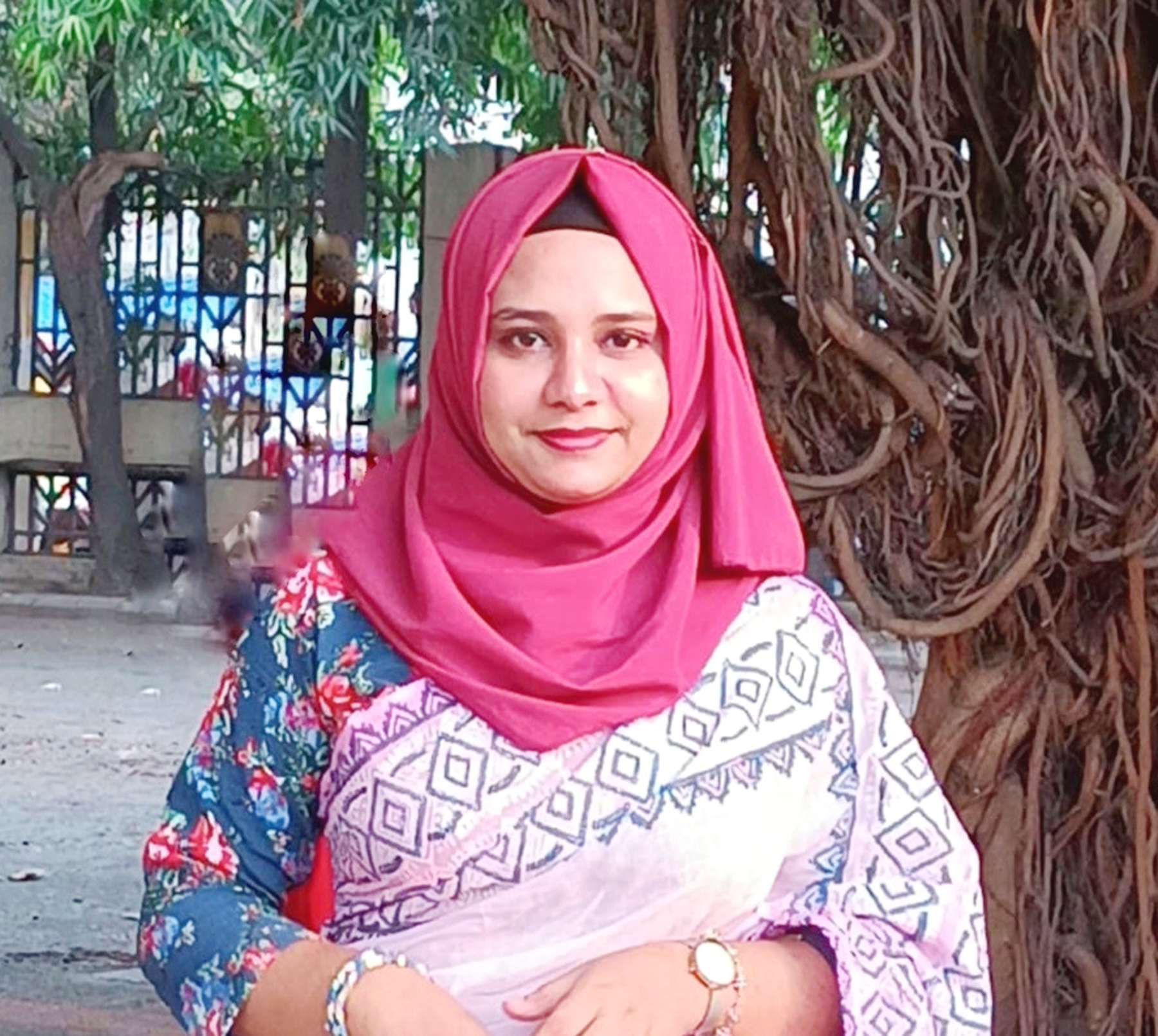By Afrin Akter Shifa
People always talk about the successful students who gets into a public medical or university. But what about the others who don’t get chance? Today, let’s talk about those students.
In Bangladesh, education has long been viewed as a key tool for social progress and financial stability—especially for the country’s large and ambitious middle class. For most families, particularly those without inherited wealth or strong connections, getting into a public university is not just a formal step; it is a major milestone that can shape an entire life.
However, every year, thousands of students who have studied hard, performed well in school exams, and shown strong potential are quietly left behind being judged by one tough and unforgiving admission test.
When these students fail to secure a spot at a public university, their stories rarely make the news—but their struggles are real, painful, and sadly, very common.The admission process to public universities in Bangladesh is extremely competitive & it’s being a scam day by day.
In the 2024–25 academic year, around 329,000 students applied to the five units of Dhaka University, but only about 6,010 seats were available. BUET, one of the top engineering universities, received around 26,000 applications for just about 1,305 seats. In the medical sector, nearly 131,729 students sat for the MBBS admission test, yet the total number of seats in government medical colleges was only 5,380.
These numbers reveal a harsh truth: the chances are slim for most students, no matter how talented they are. One bad performance—due to stress, illness, or lack of access to proper coaching—can destroy years of hard work.For middle-class families, this selection process feels especially cruel and so depressive.
These families are stuck in a difficult position—they’re not poor enough to get state help, but also not rich enough to afford private universities or send their children abroad.
In Bangladesh, private university education can cost between 600,000 to 1.5 million BDT (roughly $5,500 to $13,000 USD), and studying abroad can cost from 2 to 5 million BDT ($18,000 to $45,000 USD)—far beyond the reach of most families.
Many parents use up all their savings on school fees, coaching centers, and test preparation, hoping that public university admission will justify their sacrifice. But when that hope is crushed, there is often no backup plan.
The emotional impact of such failure is huge. Students who miss the cut-off by a small margin often fall into depression and experience deep shame and loss of self-worth. In a society where academic success is often tied to personal value, these students not only mourn the lost opportunity—they begin to question their own worth.
According to a 2021 study by the National Institute of Mental Health, more than 40% of college-aged youth in Bangladesh face mental health issues, many of which are linked to academic pressure.
The stigma of failing an admission test is often made worse by judgment from family, relatives, neighbors, and even classmates—who may label the student as lazy or careless, without understanding the larger challenges they faced.
What makes the situation worse is the deep inequality in the system.
Students from urban areas have access to better coaching centers, quality schools, and more preparation materials—giving them a clear advantage. In contrast, equally capable students from semi-urban or rural backgrounds must compete without the same level of support.
The admission system, though described as “merit-based,” often reflects existing social and economic inequalities.
Those who fail aren’t less capable—they just had fewer opportunities or simply weren’t lucky on that one day.Students who don’t get into public universities and can’t afford private ones often feel neglected by their families, society, and even friends.
They begin to believe that they will never succeed in life and sink deeper into hopelessness.Despite the obvious flaws in the current system, alternatives are still very limited. Vocational and technical education—which could offer practical career paths—is still underfunded and socially undervalued.
Even students who consider taking a “drop year” to try again face huge pressure, uncertainty, and added financial stress.
As a result, an entire generation of capable students is stuck—they are qualified, but shut out of the very system meant to uplift them.What Bangladesh needs now is a change in mindset—about education, merit, and success.
A more inclusive and comprehensive admission process, which considers a student’s academic record, socio-economic background, and potential, would be far more effective than one high-stakes exam.
The government must invest in regional public universities to widen access beyond just Dhaka and other elite institutions. At the same time, there must be a fair and accessible system of student loans or grants to support middle-class families.
Alongside these reforms, it’s essential to challenge the cultural shame surrounding failure and to expand mental health support in schools and communities.The silent struggles of students who fail university admission tests are not just personal tragedies—they are signs of a broken education system.
When we ignore the pain of these students, especially those from middle-class families with no safety net, we waste human potential and weaken the foundation of social progress. These young people are not failures—they are victims of a system that values only numbers.
It’s time for families and society to recognize the thousands of talented students within this group and support them in rebuilding their paths toward success. Now is the time to listen to their stories and commit to creating a more fair, compassionate, and future-ready education system for all.

